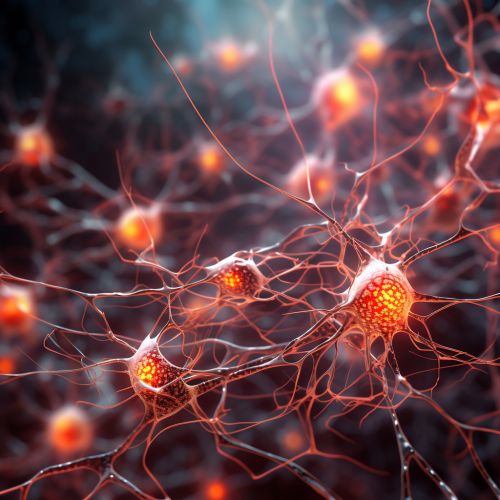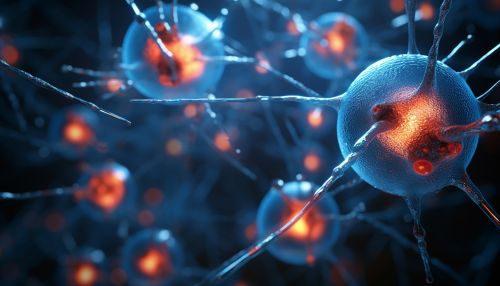The Role of Immune Cells in Neuroinflammation
Introduction
Neuroinflammation is a complex process involving the activation and response of immune cells within the central nervous system (CNS) to injury or disease. This process is mediated by a variety of immune cells, including microglia, astrocytes, T cells, and B cells, among others. These cells play crucial roles in maintaining homeostasis, defending against pathogens, and facilitating repair and regeneration in the CNS.


Immune Cells Involved in Neuroinflammation
The immune cells involved in neuroinflammation are primarily of two types: resident immune cells that are native to the CNS, and peripheral immune cells that infiltrate the CNS during inflammation.
Resident Immune Cells
Resident immune cells in the CNS include microglia and astrocytes.
Microglia
Microglia are the primary immune cells of the CNS. They are derived from myeloid progenitors and function as the brain's resident macrophages. Microglia are involved in phagocytosis, antigen presentation, and the release of cytokines and chemokines. In the context of neuroinflammation, microglia can be activated by various stimuli, leading to the release of pro-inflammatory mediators and reactive oxygen species.
Astrocytes
Astrocytes are the most abundant glial cells in the CNS. They play a crucial role in maintaining the blood-brain barrier and providing support to neurons. In response to injury or disease, astrocytes can undergo reactive gliosis, a process characterized by hypertrophy, proliferation, and upregulation of glial fibrillary acidic protein (GFAP). Reactive astrocytes can secrete various cytokines and chemokines, contributing to the inflammatory response in the CNS.
Peripheral Immune Cells
Peripheral immune cells, including T cells, B cells, and monocytes, can infiltrate the CNS during inflammation.
T Cells
T cells are a type of lymphocyte that play a central role in cell-mediated immunity. In the context of neuroinflammation, T cells can be activated by antigens presented by microglia and other antigen-presenting cells in the CNS. Activated T cells can secrete various cytokines, contributing to the inflammatory response.
B Cells
B cells are another type of lymphocyte involved in the immune response. They are responsible for producing antibodies against specific antigens. In neuroinflammation, B cells can infiltrate the CNS and contribute to the inflammatory response through the production of antibodies and cytokines.
Monocytes
Monocytes are a type of white blood cell that can differentiate into macrophages or dendritic cells. During neuroinflammation, monocytes can infiltrate the CNS and differentiate into macrophages, contributing to the inflammatory response through phagocytosis and the release of pro-inflammatory mediators.
Role of Immune Cells in Neuroinflammatory Diseases
Immune cells play a crucial role in various neuroinflammatory diseases, including multiple sclerosis (MS), Alzheimer's disease (AD), and Parkinson's disease (PD).
Multiple Sclerosis
In MS, an autoimmune disease of the CNS, immune cells, particularly T cells and B cells, play a central role. These cells infiltrate the CNS and initiate an inflammatory response, leading to demyelination and neurodegeneration.
Alzheimer's Disease
In AD, a neurodegenerative disease characterized by the accumulation of amyloid-beta plaques and neurofibrillary tangles, immune cells, particularly microglia and astrocytes, are involved in the inflammatory response. These cells can be activated by amyloid-beta and contribute to neuroinflammation and neurodegeneration.
Parkinson's Disease
In PD, a neurodegenerative disease characterized by the loss of dopaminergic neurons in the substantia nigra, immune cells, particularly microglia, are involved in the inflammatory response. Activated microglia can release pro-inflammatory mediators and reactive oxygen species, contributing to neuroinflammation and neurodegeneration.
Conclusion
Immune cells play a crucial role in neuroinflammation, contributing to the pathogenesis of various neuroinflammatory diseases. Understanding the roles of these cells in neuroinflammation can provide insights into the mechanisms of these diseases and potentially lead to the development of novel therapeutic strategies.
